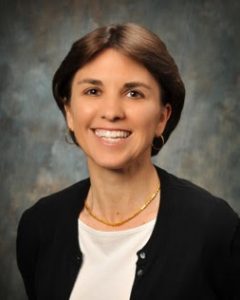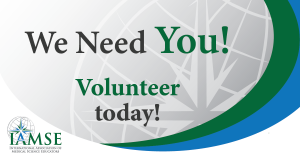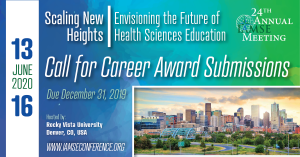The next issue of the membership newsletter of the International Association of Medical Science Educators (IAMSE), IAMSE Connects, will be published in February. The purpose of this newsletter is to connect the IAMSE membership with information about our society, about opportunities to get involved with IAMSE, and about each other.
We are very pleased to dedicate one section of this newsletter to recognize the professional accomplishments of our members but we need your help! Have you received awards or promotions or landed a great new job in the last year? We would like to know about it and celebrate your professional accomplishments in our newsletter.
Please send your news to Cassie Chinn at cassie@iamse.org or submit it online here for inclusion in the next edition. Sorry, we can only include professional accomplishments in the newsletter, but welcome you to share your personal news on the IAMSE Facebook and Twitter pages! Thanks for your help!
Deadline: January 6, 2020
Thank you,
Jennifer Baccon
Chair, IAMSE Membership Committee


